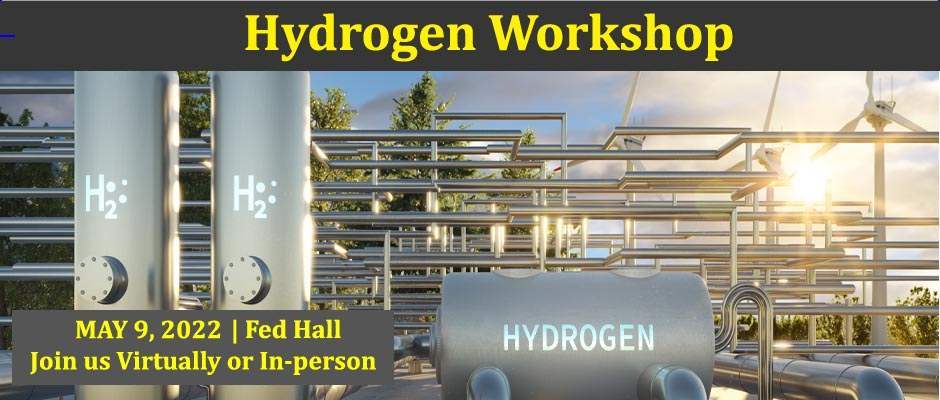Themes

| THEMES |
| HOME | AGENDA | BIOS | THEMES | VENUE/PARKING |
Panel 1:
Fuel Cells and Future of Sustainable Mobility
Fuel cells are electrochemical reactors that can transform the chemical energy of a fuel and an oxidant directly to electricity. The terminology of fuel cells is generally used to refer to a reactor using hydrogen as the key source of energy. Fuel cells being a carrier of energy can be used in different transportation applications. Fuel Cell Electric Vehicles (FCEVs) are viewed as a critical pathway to meet the greenhouse gas (GHG) emission reduction goals and decarbonization of energy economy both nationally and globally. Our panel of R&D technologists and business innovators will evaluate the technical and adoption challenges of fuel cells in the transportation sector, prospects for passenger and commercial vehicles, security and sustainability concerns, advancement and political will of the government, and improvement of relevant policies and supporting facilities.
Panel 2:
Hydrogen and Ammonia Production
Green ammonia is created from green hydrogen, and green hydrogen is generated by electrolysis using electricity from renewable sources. Hydrogen is expected to play a significant role in the future of energy and its development will take place sooner than many might imagine. The extensive use of hydrogen is becoming viable with the decrease in costs of green hydrogen. The mass adoption of hydrogen production is expected to happen in the near future as renewable electricity is becoming more abundant and electrolyser costs is decreasing with the economics of scale. Our panel of academic researchers and industry leaders will talk about the R&D&D projects, advancements in the technology infrastructure, and future of hydrogen markets in various industrial applications.
Panel 3:
Hydrogen Storage
The storage and distribution of hydrogen at a grid-scale plays a major role in shaping the future of hydrogen economy. There are applications of specific storage technologies, which found to be beneficial regarding storage density, cost, and safety. They can be categorized into: liquid hydrogen/compressed hydrogen, methanol, ammonia, and dibenzyltoluene. Our panel of engineering and environmental scientists will analyze the technical and economical aspects of hydrogen storage applications. The discussion will focus on the variable costs related to the high-density storage technologies and its correlation with an increasing electricity demand for the storage methods or with an increasing heat demand for the hydrogen release methods. If hydrogen is produced through electrolysis and stored during times of low electricity prices in an industrial setting, these variable costs may become viable both for the producers and customers.
Page Options

